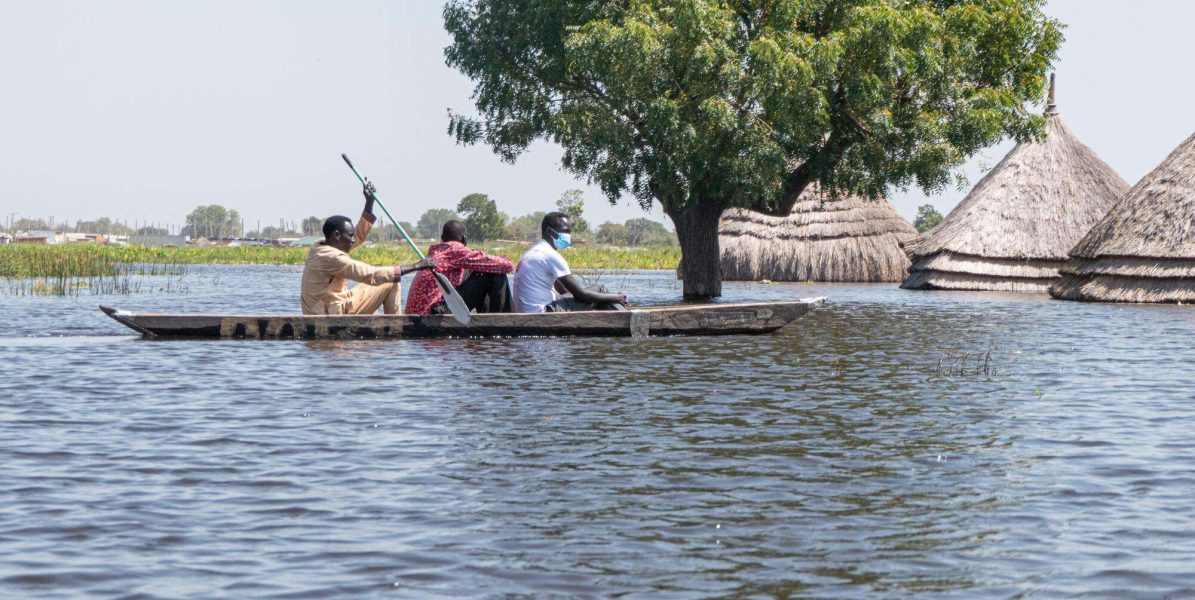
Torrential rains over the past week have caused widespread flooding across South Sudan, displacing thousands of families, submerging farmland, and damaging critical infrastructure, officials said on Wednesday.
In Greater Pibor Administrative Area, flash floods forced more than 100 families to abandon their homes in Pochalla South County.
Information Minister Jacob Werchum said three consecutive days of heavy rain left farmlands underwater, threatening food security for the coming months in a region heavily reliant on subsistence farming.
Authorities are monitoring the situation and providing emergency assistance where possible.
The capital, Juba, also saw major disruptions as streets and low-lying neighborhoods were flooded. Schools and businesses in affected areas were forced to close temporarily.
At Eloi Secondary School in Joppa, students preparing for end-of-term exams were unable to attend classes after their classrooms were submerged. Education officials warned that repeated flooding in the city is a growing challenge to the school system.
Further north, in Unity State, flooding in Panyijiar County has left strategic towns such as Ganyliel and Nyal underwater, cutting off communities from vital services.
Commissioner Majok Bol Mani reported that schools, markets, hospitals, and airstrips have all been submerged, and that outbreaks of malaria and snake bites are increasing.
Farmlands have been destroyed, livestock are dying, and tens of thousands are left seeking higher ground.
“The latest floods, now in their sixth consecutive year, have worsened an already fragile humanitarian situation,” Bol said, calling on the national government and aid partners for immediate food and medical assistance.
Humanitarian Affairs Minister Albino Akol said the government is preparing measures to mitigate the effects of anticipated flash floods expected between September and October.
Plans include constructing additional dykes and water channels to redirect water away from vulnerable areas.
Authorities warn that if heavy rains persist, millions could be affected, further straining South Sudan’s fragile food and health systems.

